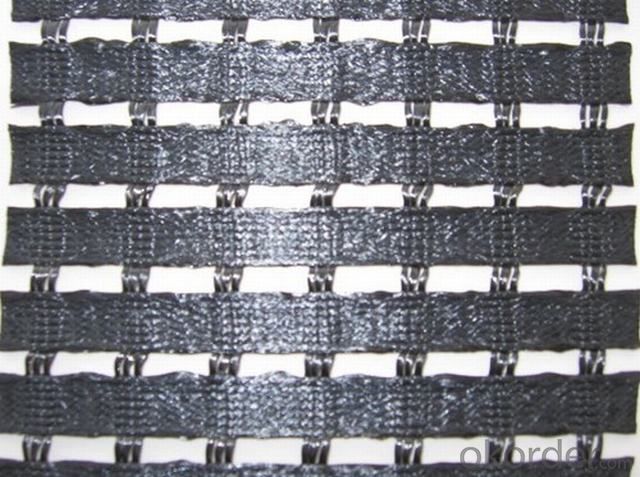- Understanding the Role of Geomembrane Liners in Waste Management
- Innovations in Geomembrane Liners for Water Management
- Geomembrane Liners: A Comprehensive Guide
- The Future of Geomembrane Liners in Civil Engineering
- Geomembrane Liners: Enhancing Landfill Stability
Manager:
WhatsApp:+86 177 0135 2670
Tel:+86 177 0135 2670
Email:marketing@okorder.com
Address:3rd Floor, No.2 Building, No.1 Sanlihe Road
Geomembrane Liners: A Cost-Effective Solution for Industrial Lining
Geomembranes, also known as synthetic liners, are a popular choice for industrial lining due to their cost-effectiveness and durability. These liners are made from high-density polyethylene (HDPE), polyvinyl chloride (PVC), or other polymers, and are designed to provide a waterproof barrier that prevents contaminants from seeping into the ground. In this article, we'll explore the benefits of using geomembranes, the installation process, and some real-world applications where they've proven to be a game-changer.

Why Choose Geomembranes?
Choosing the right lining material is crucial for any industrial project. Geomembranes offer several advantages over traditional lining materials, such as clay or concrete. They are lightweight, easy to handle, and can be customized to fit the specific needs of a project. Moreover, they are resistant to chemicals, UV radiation, and temperature fluctuations, making them suitable for a wide range of environments.
The Installation Process
Installing a geomembrane liner involves several steps, starting with site preparation. The area must be cleared of debris, leveled, and compacted to ensure a smooth surface. Next, the geomembrane is rolled out and carefully aligned to cover the entire area. Special care is taken to avoid wrinkles, folds, or damage to the material. Seams are then sealed using heat fusion or chemical adhesives to create a continuous barrier.
Real-World Applications
Geomembranes have been used in various industries, from waste management to mining and agriculture. In waste management, they are used to line landfills and containment ponds, preventing the leakage of hazardous materials into the environment. In mining, they are used to line tailings ponds and impoundments, protecting the surrounding ecosystem from potential contamination. In agriculture, they are used to line reservoirs and irrigation systems, ensuring water quality and preventing soil erosion.
The Emotional Impact of Geomembranes
While the practical benefits of geomembranes are clear, there's also an emotional aspect to consider. These liners are a testament to human ingenuity and our ability to create solutions that protect our environment. They represent a commitment to sustainability and a desire to minimize our impact on the planet.
The Future of Geomembranes
As technology advances, so too does the development of geomembranes. New materials and manufacturing techniques are being explored to improve their performance and reduce their environmental footprint. The future looks bright for geomembranes, with potential applications in emerging industries such as renewable energy and space exploration.
Conclusion
Geomembranes are a cost-effective and reliable solution for industrial lining. Their versatility, durability, and ease of installation make them an attractive option for a wide range of applications. As we continue to innovate and push the boundaries of what's possible, geomembranes will undoubtedly play a crucial role in shaping a more sustainable future.
- Previous:The Use of Geomembrane Liners in the Pharmaceutical Industry
- Next:The Application of Geomembrane Liners in the Food and Beverage Industry
-
2024-12-05Geomembrane Liners: A Comprehensive Guide






